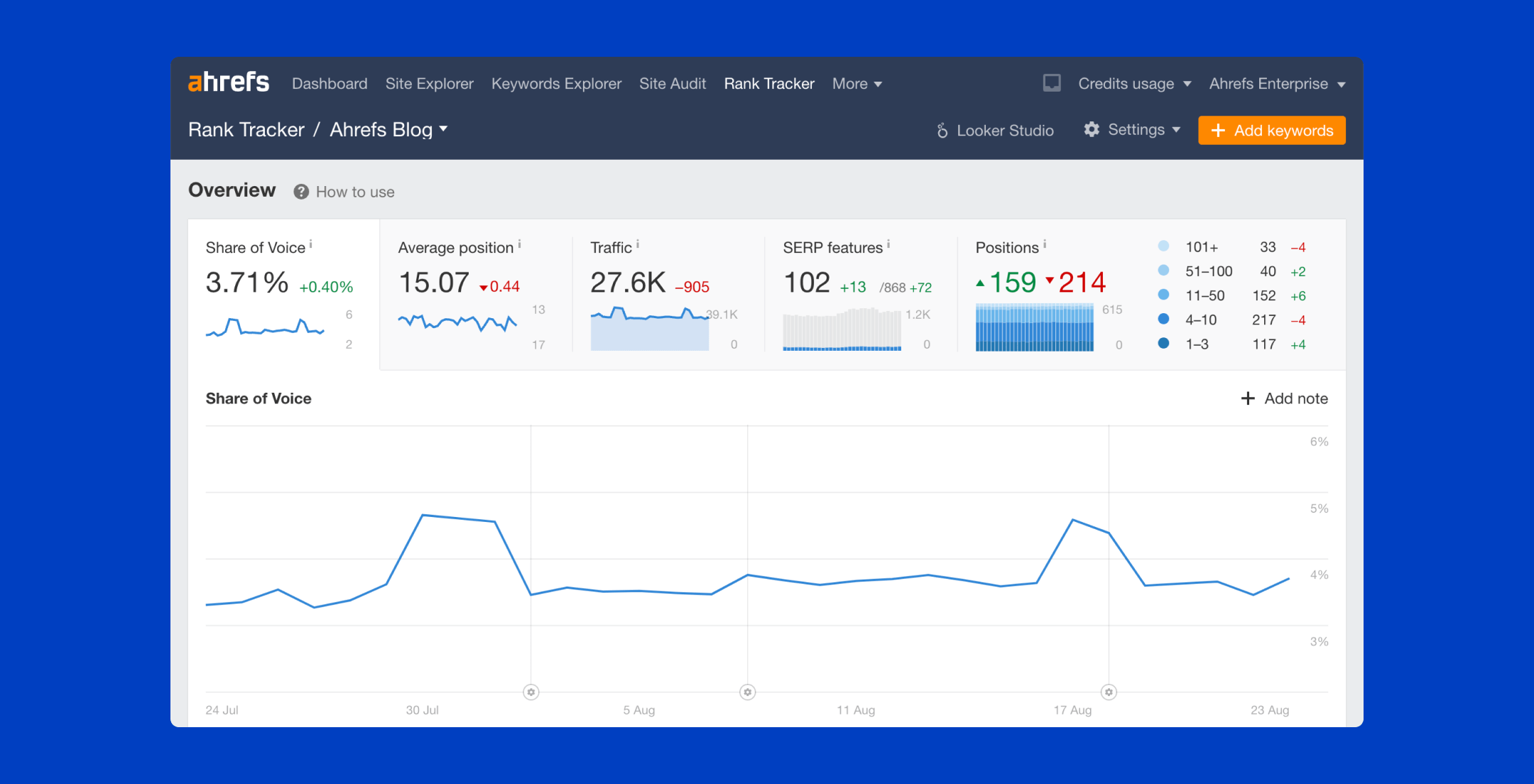Blitz News Digest
Stay updated with the latest trends and insights.
Chasing Unicorns: The Realities of Rank Tracking
Discover the truth behind rank tracking! Uncover the myths and realities in our eye-opening guide to chasing digital marketing unicorns.
The Myth of Accurate Rank Tracking: What You Need to Know
The world of SEO is often shrouded in myths, with one of the most pervasive being the belief in entirely accurate rank tracking. Many marketers rely heavily on position data and assume that their rank fluctuates solely based on their optimization efforts. However, factors such as personalization, location, and device type can significantly alter search results. This means that two people searching for the same keyword may see different results based on their unique search profiles, rendering traditional rank tracking tools somewhat misleading.
Furthermore, the landscape of search engine results pages (SERPs) is constantly evolving. With the introduction of features like featured snippets, local packs, and knowledge graphs, your website's ranking can be affected by elements beyond your control. As a result, it’s essential to adopt a more holistic approach when measuring SEO success. Rather than fixating on a specific rank, focus on key performance indicators such as organic traffic growth, conversion rates, and user engagement metrics to provide a clearer picture of your SEO effectiveness.

How to Navigate the Complexities of SEO Rank Tracking
Navigating the complexities of SEO rank tracking requires a systematic approach to understand how various factors influence your website's visibility. Start by setting clear goals for what you hope to achieve with your SEO efforts. This can include increasing organic traffic, improving keyword rankings, or boosting overall site authority. Once your objectives are defined, utilize tools such as Google Analytics and dedicated SEO tracking software to monitor your progress. These tools will help you track essential metrics, such as keyword positions, click-through rates, and user engagement, allowing you to make data-driven decisions that enhance your SEO strategy.
Understanding the fluctuating nature of SEO rank tracking is crucial in maintaining your site's performance. Search engine algorithms are constantly evolving, and ranking positions can change due to competition or updates to these algorithms. To effectively navigate these changes, consider implementing the following strategies:
- Regularly update your content to ensure it’s relevant and optimized for your target keywords.
- Analyze the competition and adjust your strategy to stay ahead.
- Utilize A/B testing to refine user experience and engagement metrics.
Are You Really Ranking? Debunking Common Misconceptions About Rank Tracking
When it comes to rank tracking, many website owners assume that higher rankings on search engine results pages (SERPs) automatically translate to increased traffic and conversions. However, this is a common misconception. Rankings can fluctuate due to various factors such as location, personalization algorithms, and device types. For instance, a keyword might rank first on desktop but appear lower on mobile searches. Such inconsistencies highlight the importance of monitoring multiple ranking factors and understanding that rank alone doesn’t guarantee success.
Another prevalent myth is that focusing solely on the top ranking keywords is the best strategy for improving overall visibility. In reality, rank tracking should encompass a broader spectrum of keywords, including long-tail variations that have less competition but can still drive targeted traffic. Additionally, shifts in user intent and search trends can render high-ranking keywords less effective over time. Therefore, embracing a holistic approach to rank tracking, which considers both the quality and relevance of keywords, is essential for sustained online success.